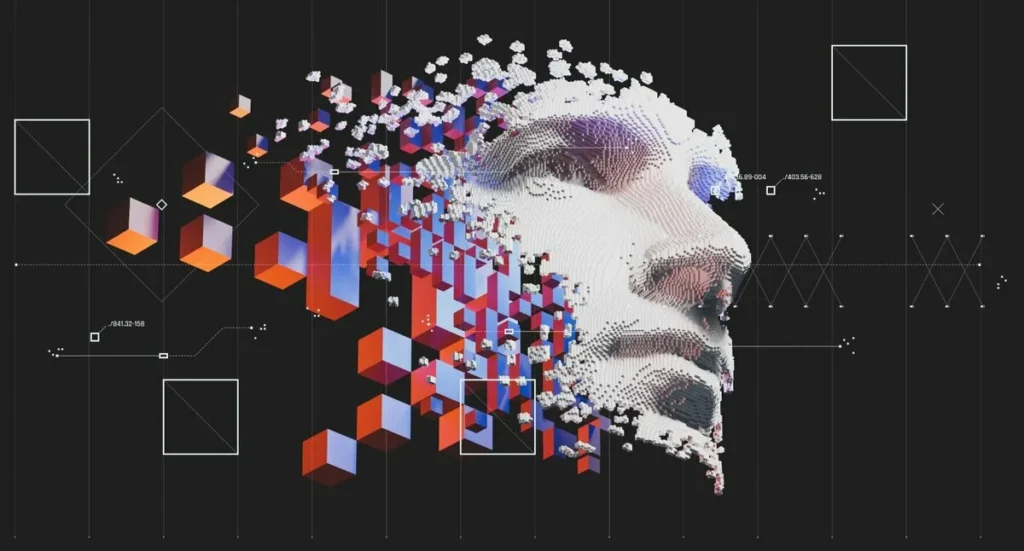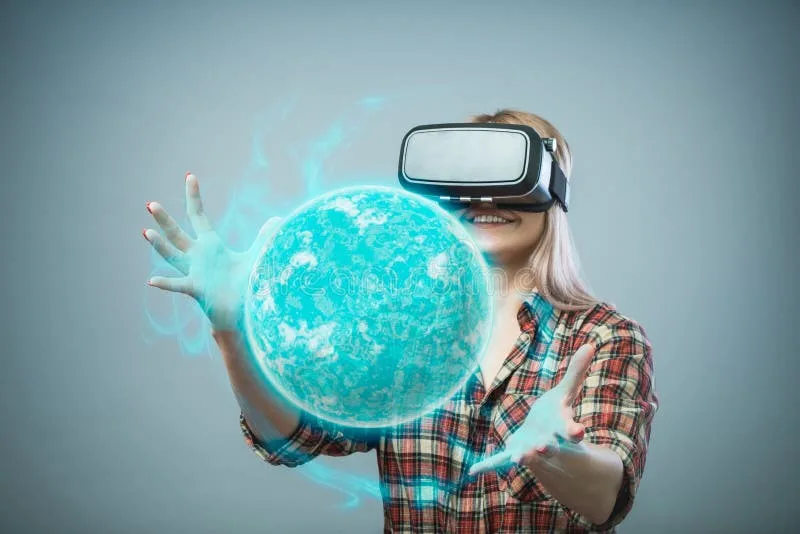As we step into 2025, the world of technology is evolving at an unprecedented pace. Here are the top 8 emerging technologies that are not only shaping the future but also promising to revolutionize how we live, work, and interact with the world around us.

Top 8 Emerging Technologies
1. Generative AI Search

Generative AI is transforming how we search for information. Unlike traditional keyword-based searches, generative AI understands context and can provide summarized answers by pulling from various online sources. Leading tech companies like Google, Microsoft, and Apple are integrating this technology into their search engines, making information retrieval faster, more intuitive, and tailored to user needs. This shift could mark the end of traditional search engines as we know them, ushering in a new era of smarter, more efficient information access (MIT Technology Review).
2. Robotaxis

Autonomous vehicles, often referred to as robotaxis, are no longer just a concept—they’re becoming a reality. Companies like Waymo and Cruise are already operating driverless cars in cities around the world, offering rides without a human driver. This technology promises to reduce traffic accidents, ease congestion, and provide a new level of convenience in urban transportation. As regulations evolve and technology improves, robotaxis could soon become a common sight on roads globally (MIT Technology Review).
3. Brain-Computer Interfaces

Brain-computer interfaces (BCIs) represent the next frontier in human-machine interaction. These devices allow direct communication between the brain and external devices, enabling users to control computers, prosthetics, or even communicate thoughts directly. Companies like Neuralink are at the forefront, developing implants that could help treat neurological conditions and potentially unlock new ways of interacting with technology. While still in early stages, BCIs hold the promise of transforming how we think about human enhancement and accessibility (MIT Technology Review).
4. Quantum Computing

Quantum computing is poised to solve problems that are currently beyond the reach of classical computers. By leveraging the principles of quantum mechanics, these machines can process vast amounts of data simultaneously, making them ideal for complex tasks like cryptography, drug discovery, and climate modeling. Companies like IBM and Google are making significant strides, with quantum computers becoming more accessible and practical for real-world applications. As quantum computing matures, it could revolutionize industries by tackling challenges previously thought unsolvable (Forbes).
5. Extended Reality (XR)

Extended Reality (XR) encompasses virtual reality (VR) and augmented reality (AR), blending digital and physical worlds to create immersive experiences. XR is already making waves in gaming, education, training, and retail, with applications ranging from virtual tours to interactive simulations. As hardware becomes more affordable and software more advanced, XR is set to become a mainstream technology, offering new ways to learn, work, and entertain (Forbes).
6. Clean Energy for Tech

As technology, particularly AI, becomes more energy-intensive, the need for sustainable power sources has never been greater. Nuclear energy is emerging as a key solution, with innovations like small modular reactors offering clean, reliable power for data centers and AI infrastructure. This trend highlights the growing intersection of technology and sustainability, ensuring that technological progress doesn’t come at the expense of the planet (Forbes).
7. Advanced Robotics

Robots are becoming smarter and more versatile, thanks to advancements in AI. Fast-learning robots can adapt to new tasks quickly, making them invaluable in industries like manufacturing, logistics, and healthcare. From assisting in surgeries to automating repetitive tasks, these robots are set to enhance productivity and free humans for more creative and strategic roles (MIT Technology Review).
8. Spatial Computing

Spatial computing integrates digital information with the physical world, creating seamless, immersive experiences. Devices like Apple’s Vision Pro are pioneering this field, allowing users to interact with digital content in their physical environment. This technology blurs the lines between reality and virtuality, offering new possibilities for gaming, design, education, and even remote collaboration (Forbes).
Why Stand Out
These technologies stand out because they represent the cutting edge of innovation, each with the potential to disrupt industries and improve quality of life. Generative AI search makes information more accessible, while robotaxis could revolutionize transportation. Brain-computer interfaces open new frontiers in human enhancement, and quantum computing could solve some of the world’s most pressing problems. XR and spatial computing are redefining how we interact with technology, making it more intuitive and immersive. Clean energy solutions ensure that technological progress doesn’t come at the expense of the planet, and advanced robotics are set to automate tedious tasks, freeing humans for more creative endeavors.
Final Thoughts
As we look to 2025 and beyond, these emerging technologies offer a glimpse into a future that’s both exciting and transformative. Staying informed about these trends can help individuals and businesses prepare for the changes ahead, whether it’s adopting new tools, investing in innovative companies, or simply appreciating the rapid pace of technological advancement. The future is here, and it’s more fascinating than ever.

